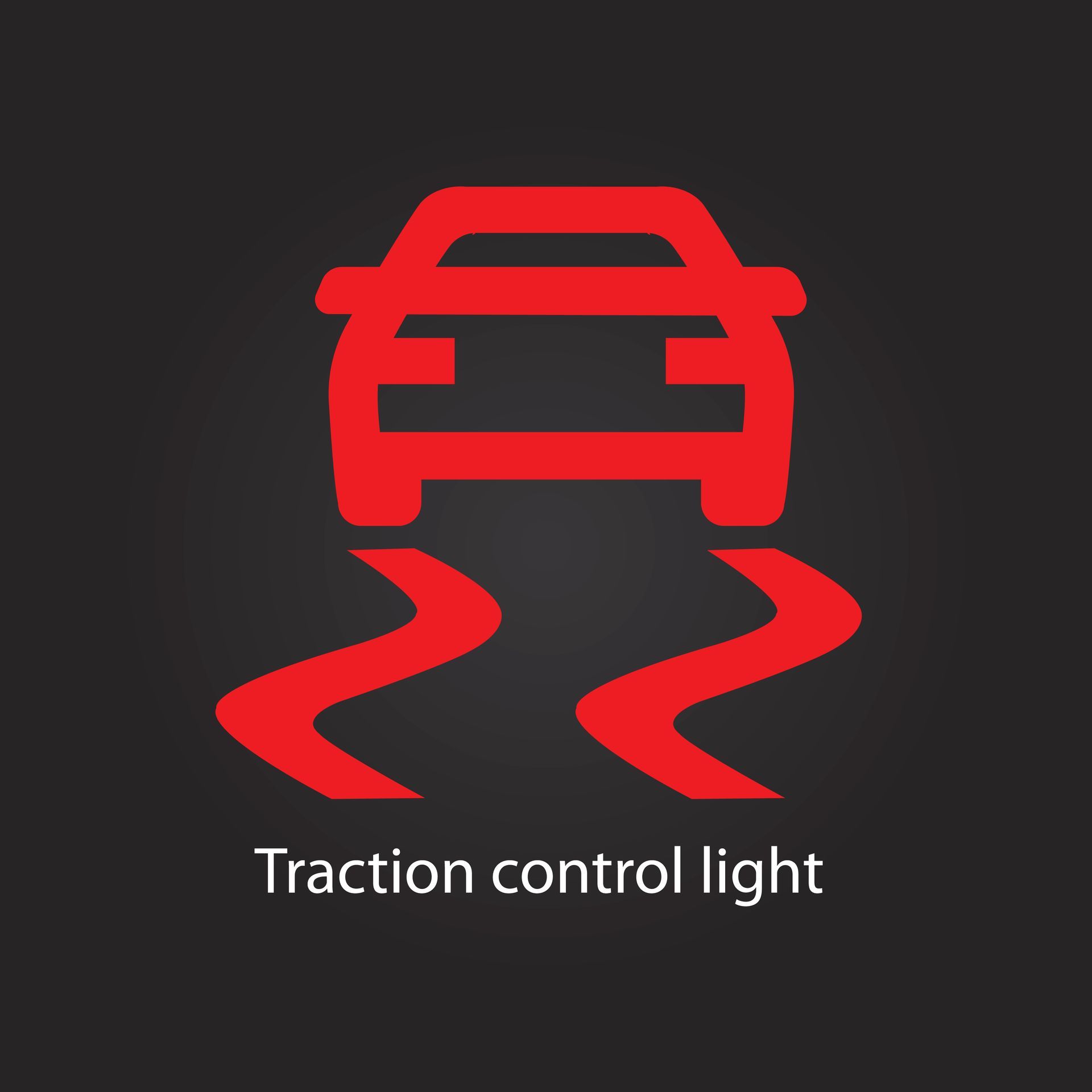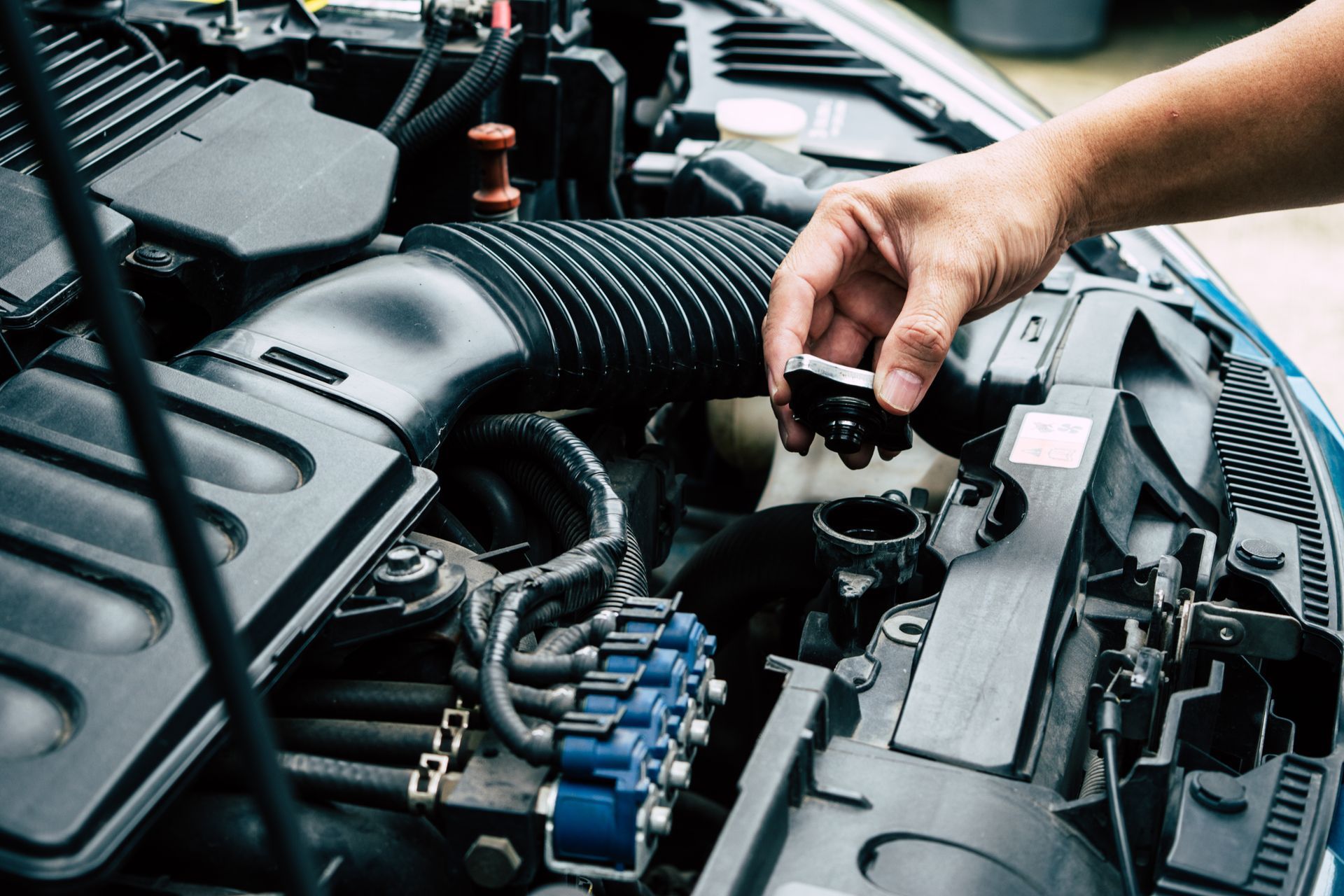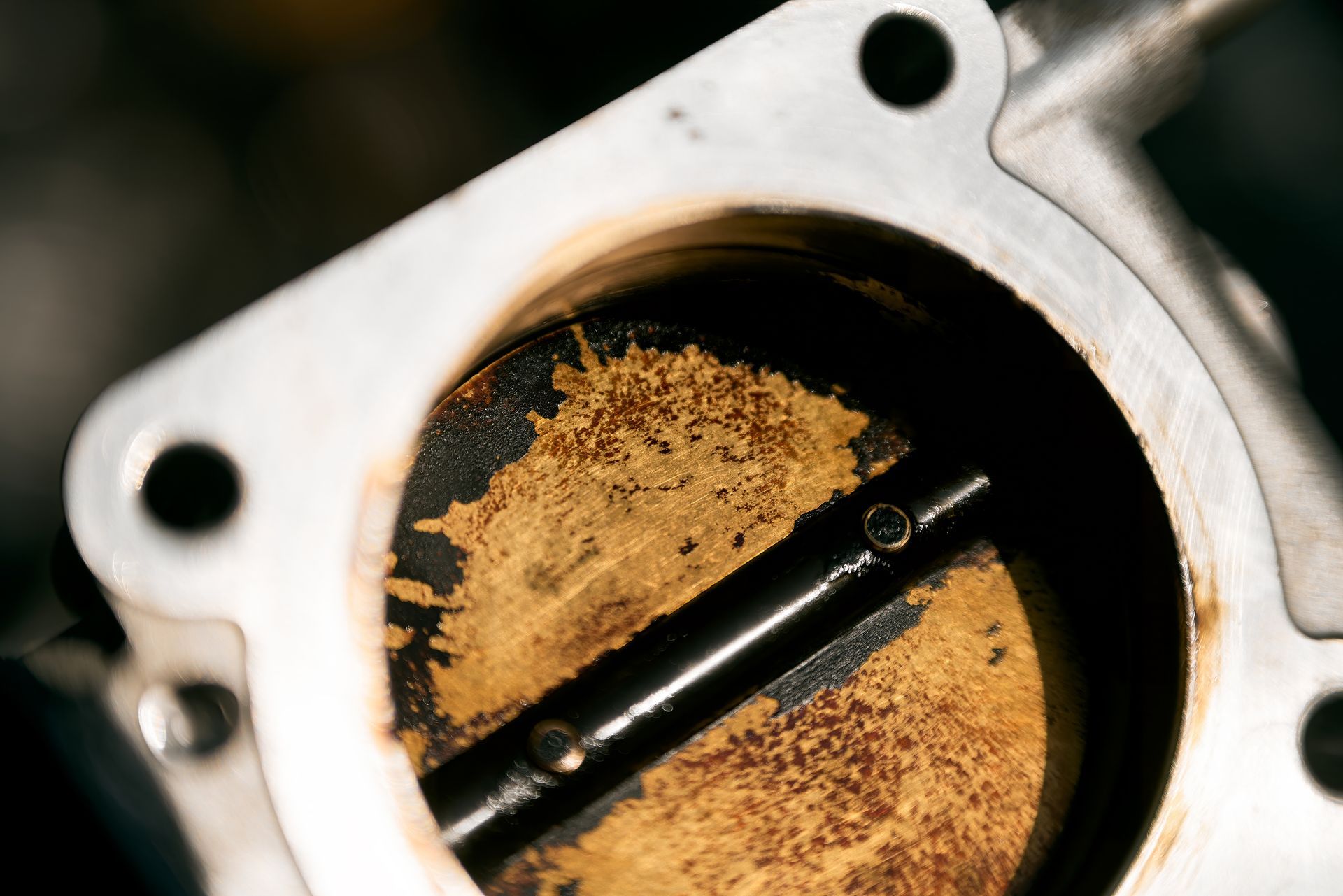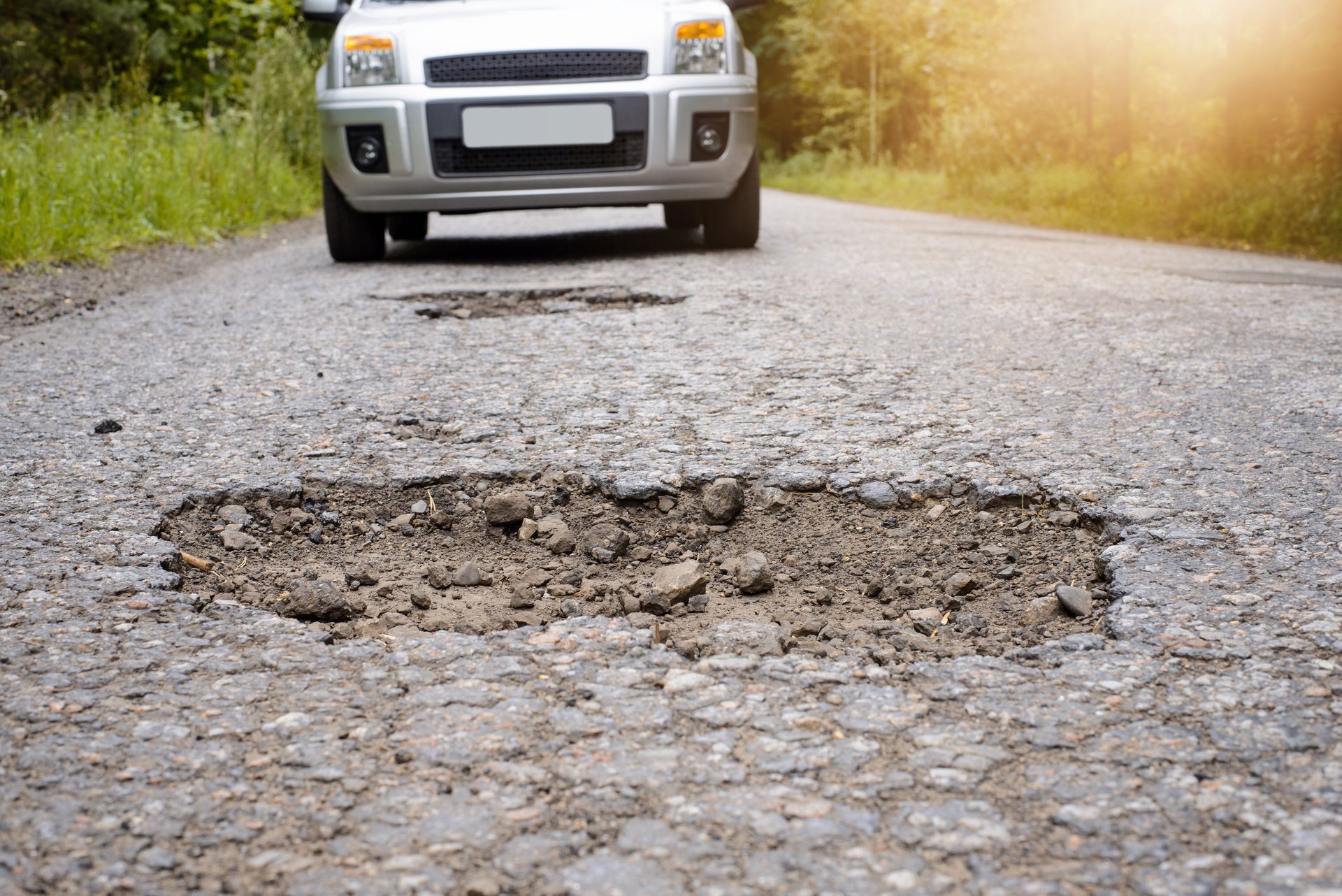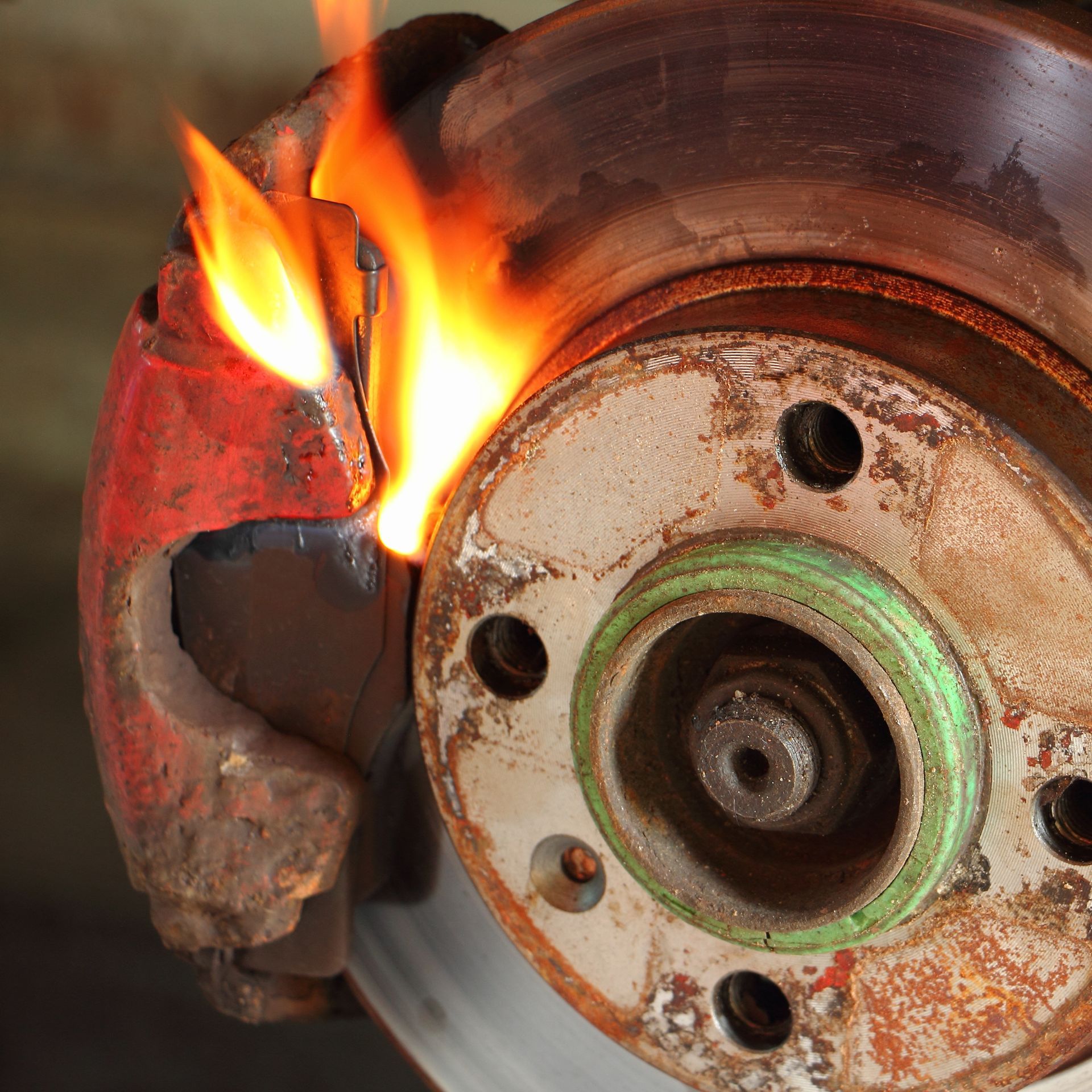Your car’s oil ensures the engine runs efficiently and lasts longer. But how do you know when it’s time for an oil change? With so much conflicting advice out there, it’s easy to feel unsure. Let’s clear up the confusion and help you understand the key factors that determine when to change your car’s oil.
Why Regular Oil Changes Are Necessary
Oil is needed for protecting your engine by lubricating its components and reducing wear and tear. Over time, oil breaks down and loses its ability to perform effectively. Dirt, debris, and combustion byproducts also contaminate the oil, leading to increased friction and heat. Neglecting regular oil changes can result in poor performance, reduced fuel efficiency, and costly engine damage.
By keeping up with oil changes, you can extend the lifespan of your engine and maintain a reliable and efficient ride.
Traditional Guidelines vs. Modern Recommendations
The traditional guideline for changing your oil was every 3,000 miles. While this was applicable to older vehicles, advancements in engine design and oil technology have made this interval outdated for most modern cars. Today, manufacturers generally recommend oil changes every 5,000 to 7,500 miles, and some vehicles using high-quality synthetic oil can go up to 10,000 miles between changes.
It’s always best to refer to your owner’s manual for specific guidance on your car’s recommended oil change interval. Factors like driving conditions and habits may also impact how often you should schedule an oil change.
Signs It’s Time for an Oil Change
Even if you’re following the manufacturer’s recommendations, your car might give you clues that it’s time for fresh oil. Watch out for these signs:
- Dashboard Warning Light: If the oil pressure warning light or the check engine light illuminates, it’s a clear signal to check your oil level and condition.
- Unusual Engine Noise: Old or dirty oil may not lubricate the engine parts properly, leading to increased noise or knocking sounds.
- Dark or Gritty Oil: Fresh oil has a transparent amber color. If your oil looks dark or feels gritty, it’s likely time for a change.
- Exhaust Smoke: Blue or gray smoke coming from the exhaust can indicate burning oil, a sign that the oil needs attention.
- Decreased Fuel Efficiency: If your gas mileage is dropping, it could be due to dirty or degraded oil impacting your engine’s performance.
Types of Motor Oil and Their Impact
Choosing the right type of oil for your car is just as important as changing it on time. Here’s a quick overview of the options:
- Conventional Oil: Affordable and suitable for older vehicles, but it requires more frequent changes.
- Synthetic Oil: Offers superior performance and lasts longer, making it ideal for modern engines.
- Synthetic Blend: A mix of conventional and synthetic oils, providing a balance of performance and affordability.
- High-Mileage Oil: Designed for vehicles with over 75,000 miles, it contains additives to protect aging engines.
Again, consult your owner’s manual or ask our trusted professionals for guidance on the best oil for your vehicle.
When was your last oil change? Don’t wait for trouble—book a service at
Mountain Tech in Oregon City, OR. We’re here to handle
all your car maintenance needs so you can drive worry-free!



